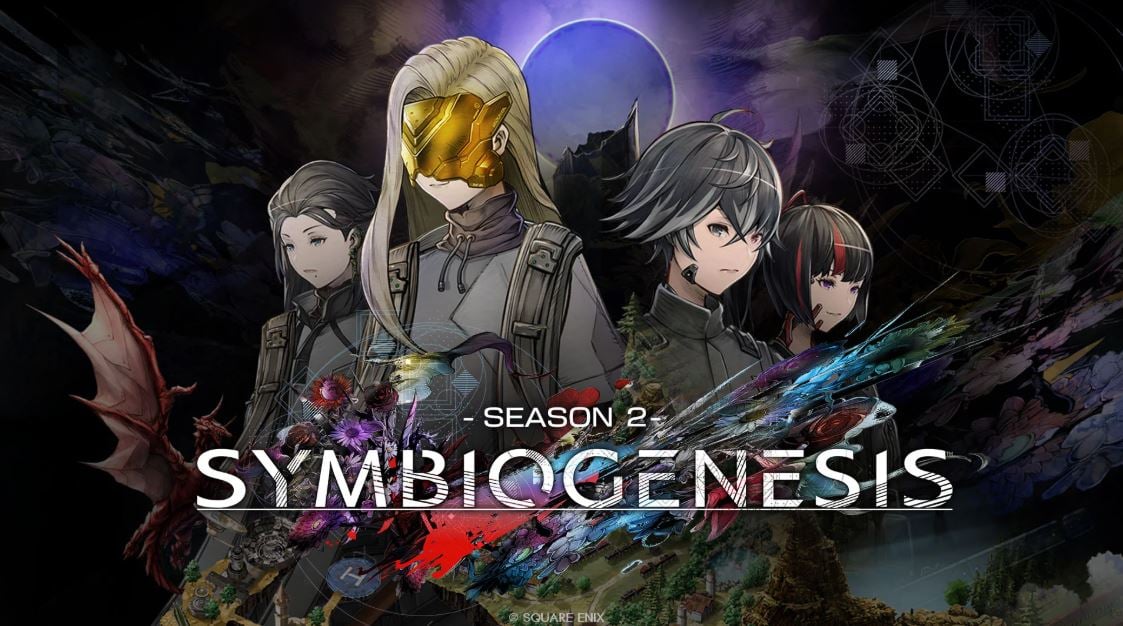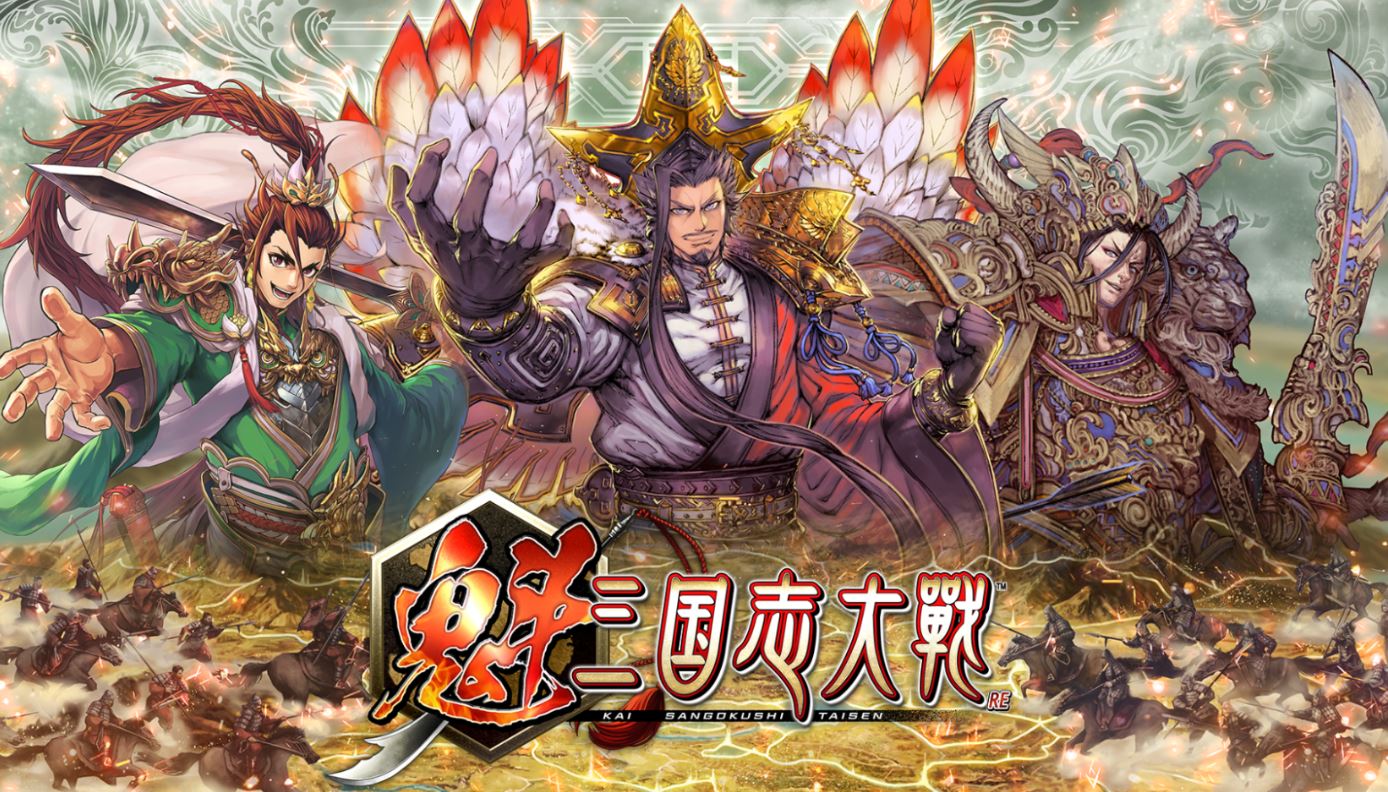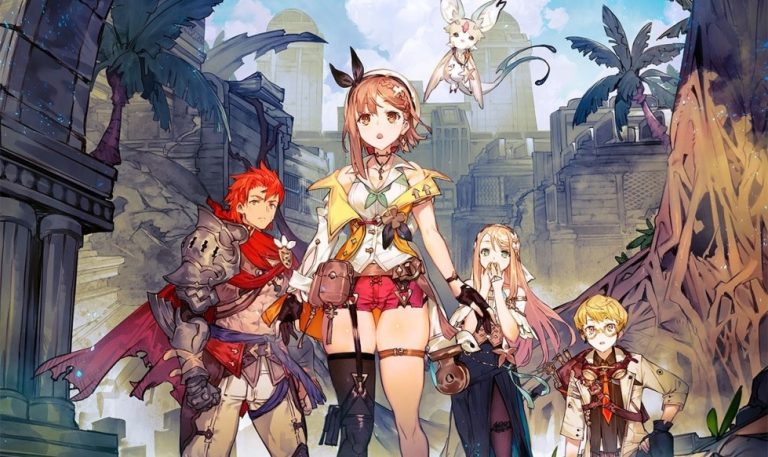So-called play-to-earn (P2E) games, which rely on blockchain and NFT technology, started gaining significant traction in Japan’s game industry a few years ago, with even major console game publishers like Sega, Square Enix and Konami hopping onto the trend with crypto-related games. However, the boom seems to be fizzling out now, with some of the biggest reasons being how complicated it is to both develop and play these games, as well as the unsustainable economies they’re built upon.
In recent months, several major blockchain games have announced service terminations. This includes Tokyo Beast (developed by Japanese studio gumi), the Sega-published KAI Sangokushi Taisen and Captain Tsubasa: Rivals. Of note, Sega has openly admitted to losing interest in blockchain games as of 2023, with plans to shelve all internally developed projects (source: Gameindustry.biz).
According to an analysis by Sumaholife, developing and running blockchain games is complex for traditional game developers, and it comes with a range of unique operating costs that make it very difficult to achieve stable revenue. On top of that, from a player’s perspective, they’re not exactly easy to pick up, as just getting started comes with requirements like opening a crypto exchange account and creating a wallet – not things the average casual gamer is familiar with.

That means the market for blockchain games is extremely niche, but in order to keep functioning, most of these games require a steady flow of new users. The play-to-earn model generally rewards playtime with native tokens of NFT items that can be traded for real profit, but the earnings of existing players rely on money coming from new players. “Often resembling a Ponzi scheme,” Sumaholife notes, “these in-game economies collapse when token prices fall in response to the playerbase’s growth stalling.” In turn, as existing players realize they’re earning less, they end up leaving too.
Add the overall volatility of the crypto market to these issues, and it’s not very surprising that Japan’s blockchain game fad is showing signs of dying out. However, it is interesting to note that ever since their emergence, these games have had relatively high media coverage from conventional gaming outlets in Japan, especially when compared to their counterparts in the English-speaking sphere, where there’s been a much clearer line drawn between regular games and the not-very-liked “blockchain stuff.”






Actually Symboigenesis wasn’t a play to earn title.
Honestly the market never really had a killer app that made it make sense to play the game but all it takes is one good idea for it the niche to thrive. Just needs to not be play to earn and leverage more of the NFT aspect.
Lmaaaaaaoooooo. Japan is always SUPER slow at understanding new internet technologies.